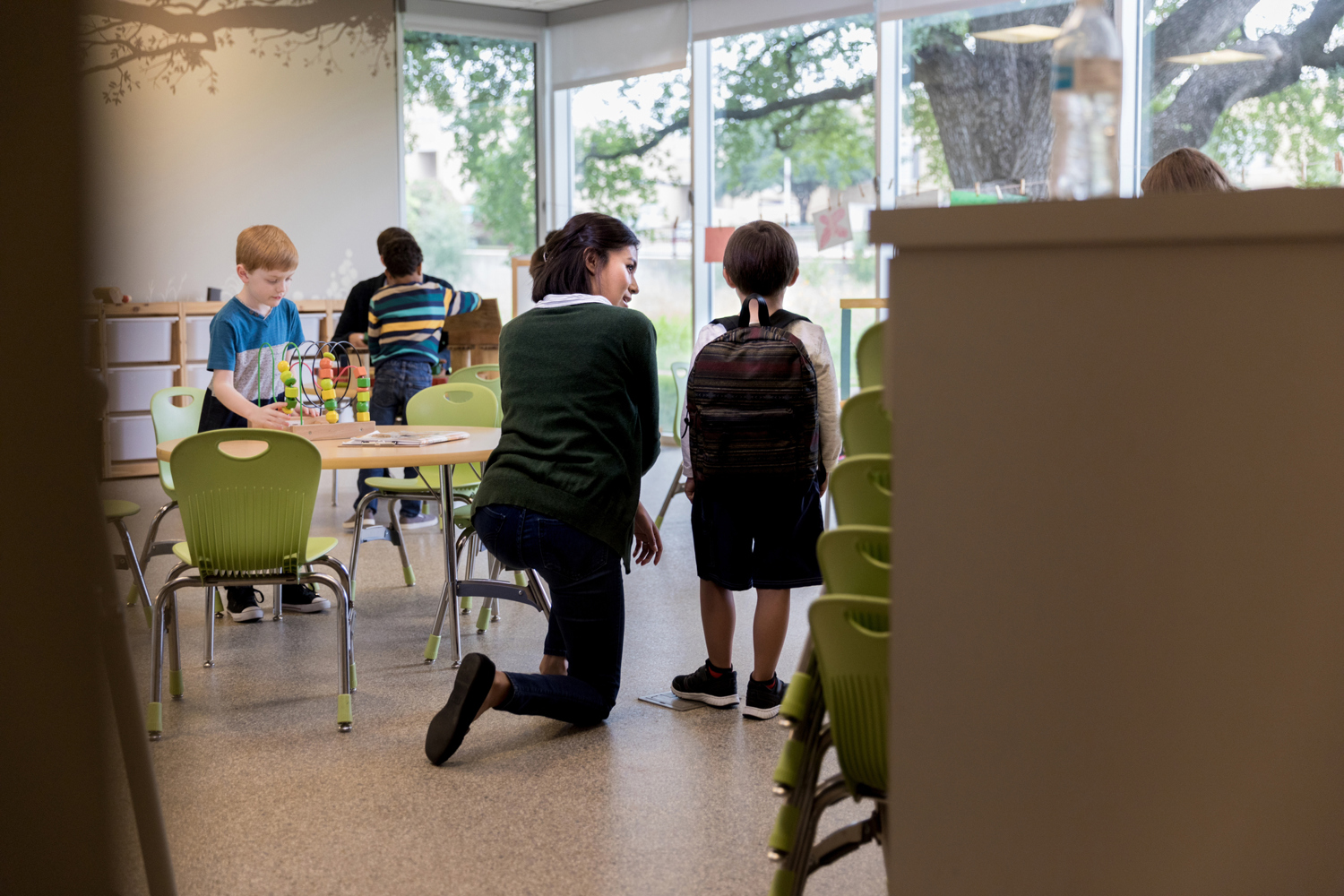The federal government has announced a “Commonwealth Prac Payment” to support selected groups of students doing mandatory work placements.
Those who are studying to be a teacher, nurse, midwife or social worker will be eligible to receive A$319.50 per week while on placement. This amount is benchmarked to the single Austudy per week rate. Other support payments received by a student will not be affected.
The payment, which is part of the upcoming federal budget, is due to start in July 2025 and will be means-tested (the details of which are still to be worked out). It follows a recommendation from the Universities Accord final report and will be welcomed by many students facing “placement poverty” as they complete their degrees. But is it enough?
Why is a Prac Payment needed?
Unpaid work experience has become a compulsory rite of passage to paid employment in many areas of study.
This experience is thought to increase skills, knowledge, experience and students’ identity in the profession. Research also shows students believe work experience (whether paid or unpaid) builds job and social skills, helps them decide on a career path, and boosts their chances of getting a job when they graduate.
But due to their long hours and intensive nature, unpaid placements can also result in financial stress and have negative impacts on wellbeing as students juggle paid work, study obligations and unpaid work.
Being unable to afford to do mandatory unpaid work can also prevent some students from completing their degree on time or at all.
As more students are expected to undertake long or multiple unpaid placements, this also limits the types and amounts of paid work they can do while studying, making their financial and employment situation more precarious.
Does the plan go far enough?
Many degrees require students to do the equivalent of up to six months’ unpaid work.
For example, social work students are expected to complete 1,000 hours of full-time, unpaid work experience. Education students must do a minimum of 80 days. Both of these student groups will be eligible for the prac payment.
But many other degrees can require hundreds of hours of unpaid placement time but are not supported by the Commonwealth Prac Payment. This means other allied health students, such as occupational therapy students (who must complete a minimum of 1,000 unpaid hours), or speech pathology students who may be required to take a rural or remote placement, are excluded from the payment.
To enhance graduate employability, universities and other tertiary training institutions (such as TAFEs) have also expanded obligatory “work-integrated learning” into fields of study where there are no statutory or professional requirements for it. This includes areas such as urban planning, communication and creative industries, and journalism.
This means students do projects or placements with organisations outside of the university as part of their coursework.
When asked about broadening the set of courses involved, Education Minister Jason Clare told Radio National “that’s something that we’d have to look at down the track”.


